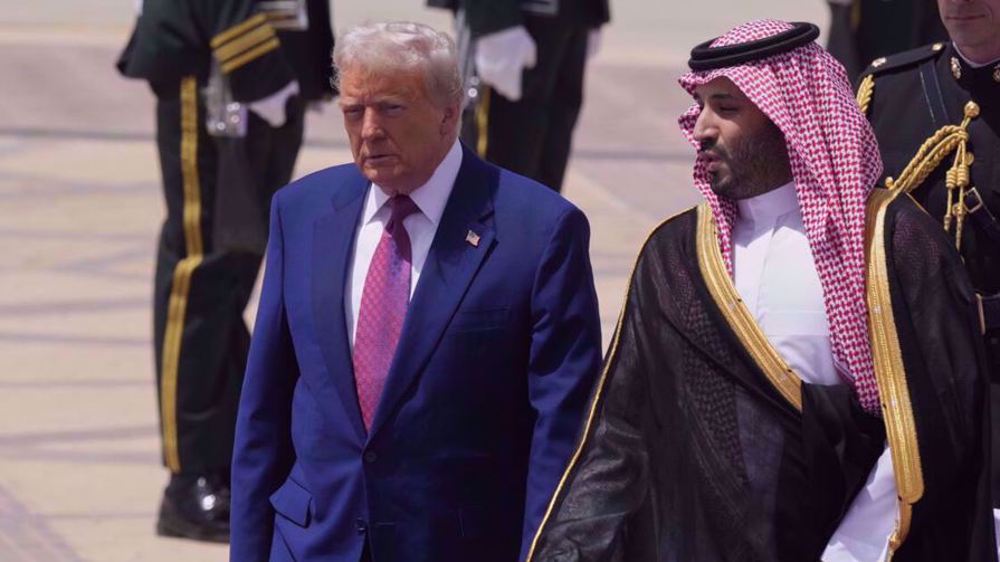US House leaders reach deal to extend surveillance program
Democratic and Republican leaders of the US House of Representatives have reached an agreement that would extend a controversial set of government surveillance tools.
Democratic House Speaker Nancy Pelosi, Republican leader Kevin McCarthy as well as the leaders of the House Intelligence and Judiciary Committees agreed on the deal Tuesday which would reauthorize three expiring provisions of the Foreign Intelligence Surveillance Act (FISA).
The agreement would also bring about some changes that include narrowing the type of information collected, preventing it from being held for more than five years and making the program less secretive.
The new deal is expected to pass through the House in a vote on Wednesday and then will be sent to the Senate with four days to spare before the March 15 expiration. However, its fate was not immediately clear as the Republican-led Senate was not involved in the negotiations.
Pelosi said the deal “strikes the balance between protecting Americans’ security and their civil liberties.”
“I am glad to say today we are again in concert, bringing legislation to rein in some of these abuses in a bipartisan matter,” House Judiciary Chairman Jerrold Nadler (D-N.Y.) said.
“This bill ends the call details records program that began as a secret and unlawful surveillance project almost 20 years ago. Ends it,” Nadler said.
Despite these changes, the agreement did not appear to appeal to some of the lawmakers who seek sweeping reforms to the US surveillance powers.
“I’m looking at it right now. Based on earlier drafts of it I don’t like it at all,” Sen. Mike Lee (R-Utah) said on Tuesday.
In June 2013, American whistleblower Edward Snowden, a contractor of the US National Security Agency, leaked classified intelligence documents, showing the extent of the agency's spying activities.
The documents showed that the NSA had been collecting phone calls, texts and emails of American people ever since the September 11, 2001 terror attacks in New York.
According to the documents, the agency had been collecting the phone records of foreign nationals and political leaders around the world too.
North Korea’s Kim re-elected Workers’ Party general secretary
Iran, Oman consult on arrangements for next round of nuclear talks
VIDEO | Protests held in Washington as AIPAC holds annual meeting for 1st time since 2020
VIDEO | Press TV's news headlines
Iran sees 40% surge in scientific Olympiad participation
Putin: Developing Russia's nuclear forces 'absolute priority'
Hamas condemns Netanyahu’s proposal for new regional alliance
Huckabee mocks Arab League's condemnation of his biblical territorial remarks










 This makes it easy to access the Press TV website
This makes it easy to access the Press TV website